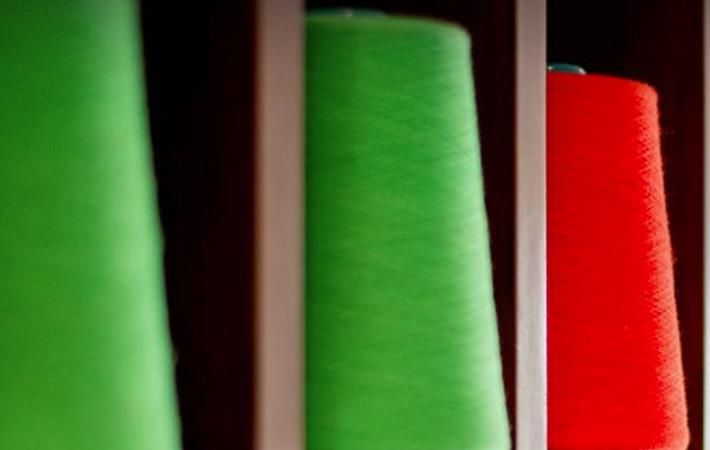Quickly setting up industrial parks for textile and dyeing industry, keeping the ministry of industry and trade (MoIT) as the mainstay in the strategy to build a support platform for that sector, and creating transparency for a legal foundation can help promote the domestic fabric industry in Vietnam, according to the Vietnam Textile and Apparel Association (VITAS).
These three steps would make the garment sector not so much dependent on imports and allow it to take advantage of free trade agreements, VITAS chairman Vu Duc Giang said recently.Quickly setting up industrial parks for textile and dyeing industry, keeping the ministry of industry and trade (MoIT) as the mainstay in the strategy to build a support platform for that sector, and creating transparency for a legal foundation can help promote the domestic fabric industry in Vietnam, according to the Vietnam Textile and Apparel Association.#
Giang said the core reason for the rise in fabric imports is because some localities are allergic to the textile industry, especially dyeing units, according to Vietnamese media reports.
Vietnam imported 21 commodities worth over $ 1 billion, accounting for 80.3 per cent of the total import turnover in the first five months of this year, according to MoIT. Import of some items, including machinery, fabric and plastics, increased compared to the same period last year.
MoIT noted that fabrics exported from China to Vietnam have increased sharply, accounting for 57.3 per cent of total fabric imports.
Fibre2Fashion News Desk – India
